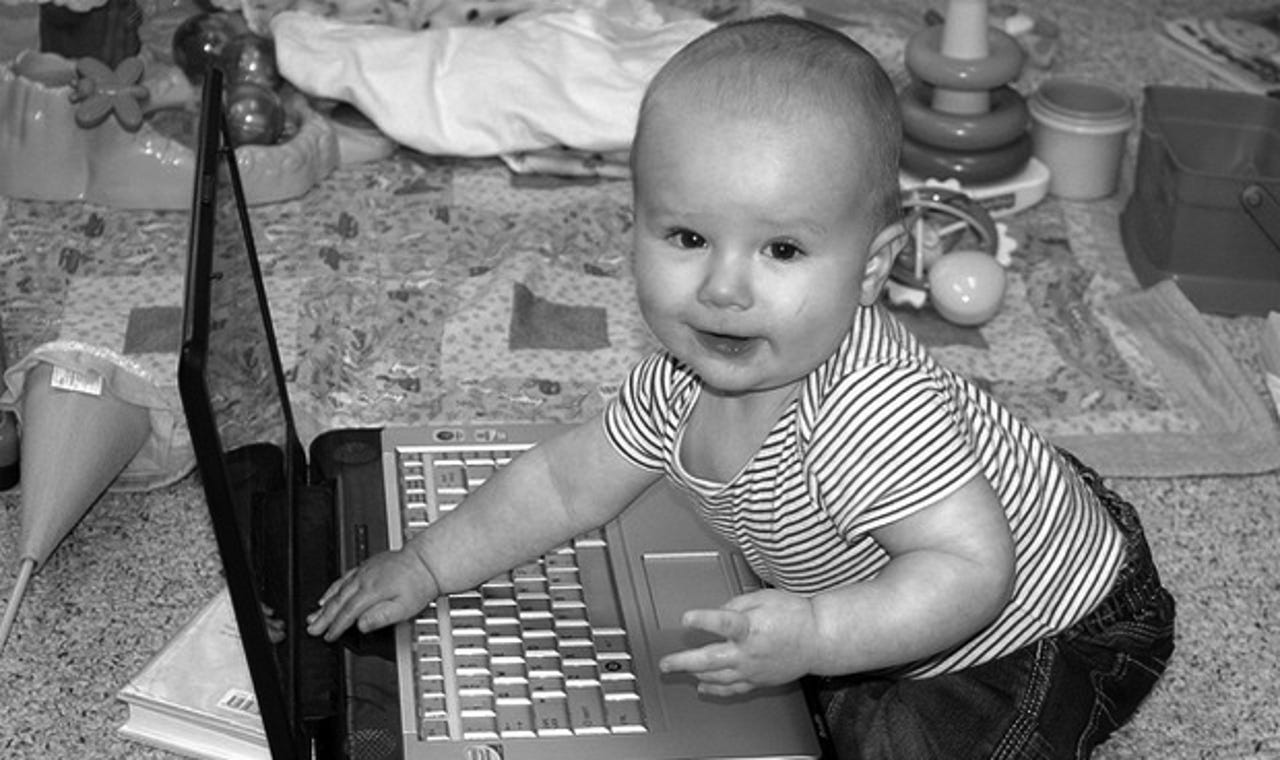Minors targeted by online adverts - what do the parents think?

According to a new study, almost half of parents in the UK want legislation to stem advertising to children -- which may lead to "commercial exploitation or sexualisation".

The research, commissioned by the the Chartered Institute of Marketing, found that the majority of parents were beginning to be more concerned about "inappropriate" marketing targeted at minors.
Television or product packaging is now no longer the only channel companies can use to appeal to a young audience. Social networking sites such as Facebook are now also a popular method of promoting products.
In the UK, if an advert receives enough complaints, it can be taken off the air or changed. However, online, this kind of legislation is not in place, and would be very difficult to enforce when sites are global.
In the survey, the most common concern was "inappropriate" advertising during children's television shows. However, enough parents believed that some online material is being unacceptably aimed at children including adult products altered for minors -- think padded bras and sexual slogans on t-shirts -- that the Bailey Review is now calling for additional measures to be put in place to protect children.
In part, the proposed measures would mean child-brand ambassadors and advertising aimed at under-16s in the UK would get the chop.
With access to the Internet on the rise, UK Prime Minister David Cameron has recently stated that protecting children from inappropriate images targeted at consumers is his "personal priority". Reg Bailey, Chief Executive of the Mothers' Union, agrees with Cameron, and that it is a matter of social responsibility to protect children, no matter what avenue marketers decide to pursue. He said:
"I think they should listen to parents who are raising these levels of concerns. Otherwise the industry can expect the Government to be more heavy handed."
Recently, social networking site Facebook said it was exploring the possibility of letting under 13's use the site legally, under parental supervision -- neatly sidestepping the problem of so many underage users. However, it's not just Facebook that is aware of how many young children are using online networks -- the UK government is also considering some kind of online filter development because of it.
Bailey is due to review his report later this year. He believes that parents have every right to be concerned by what he has coined "stealth advertising" on social networks, and it should be controlled now before things get out of hand.
"Parents are much more concerned about the whole virtual world than they are about broadcasting. I think they don’t expect that their children’s details are going to be picked up and the way advertisers are monetising that data to try to sell at children is really quite concerning."
(via the Telegraph)
Image credit: Mark Evans
Related: